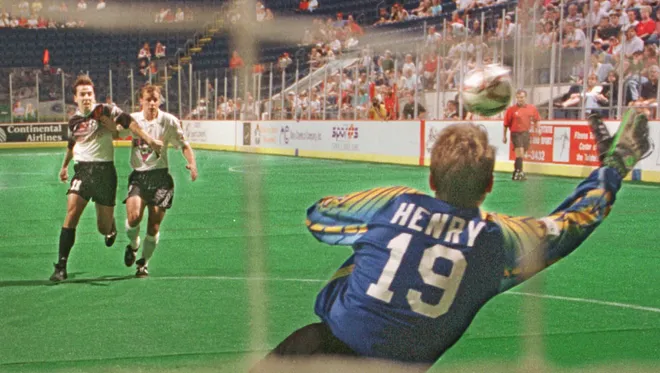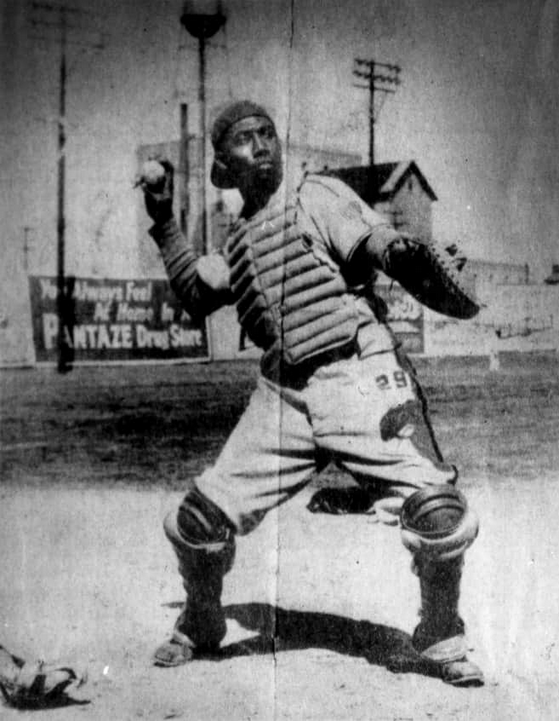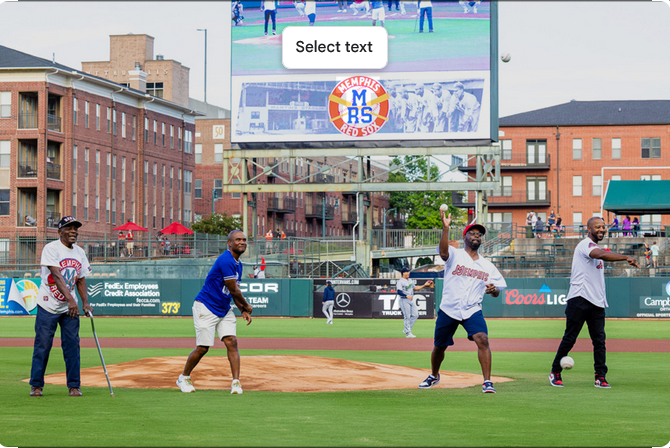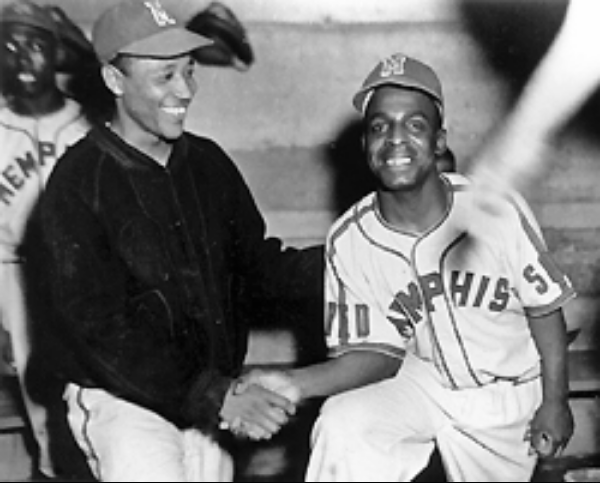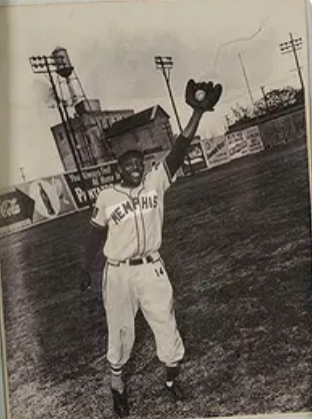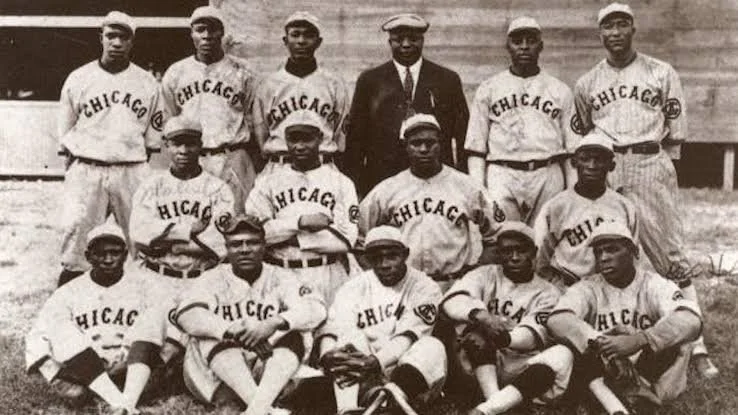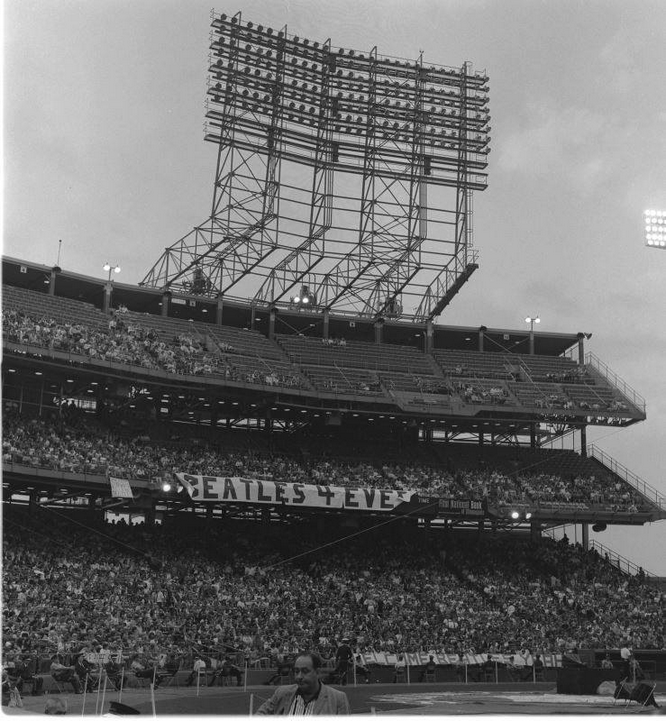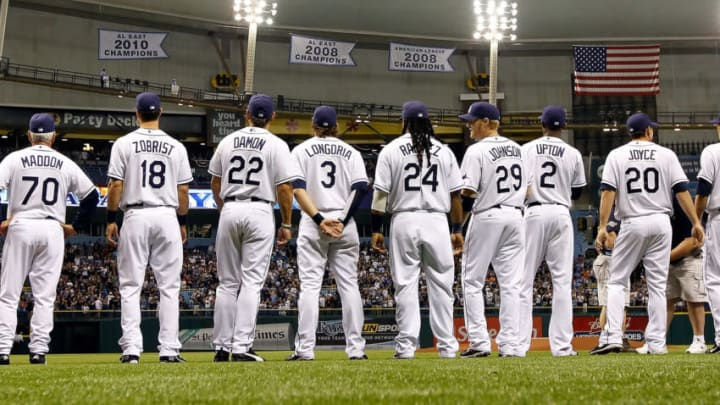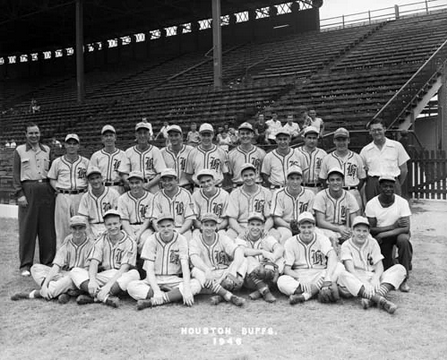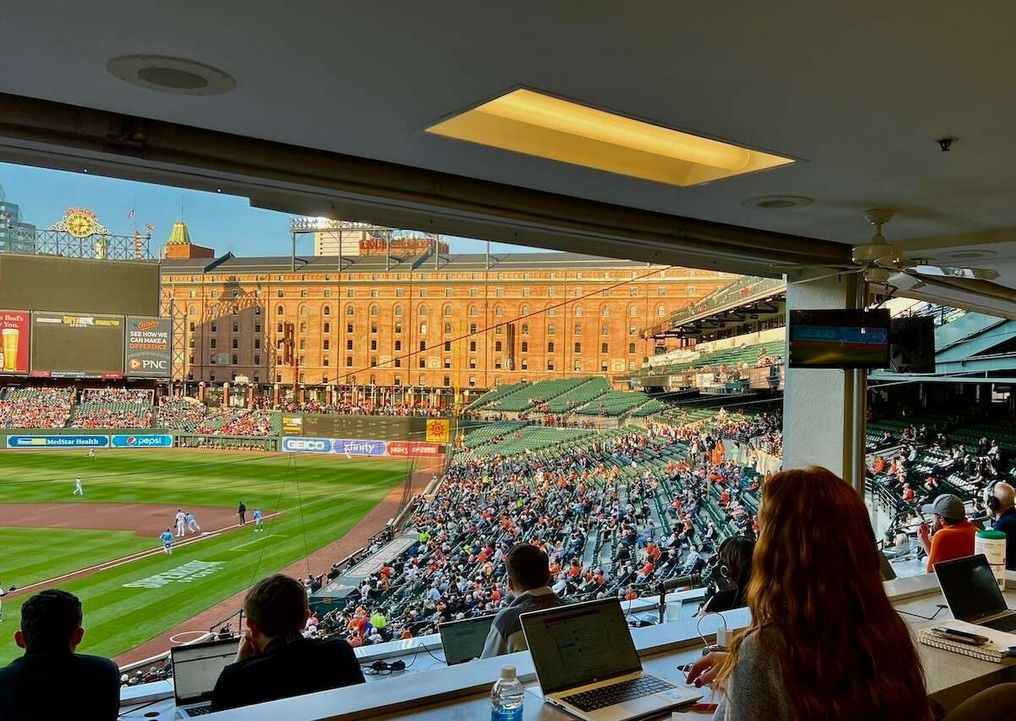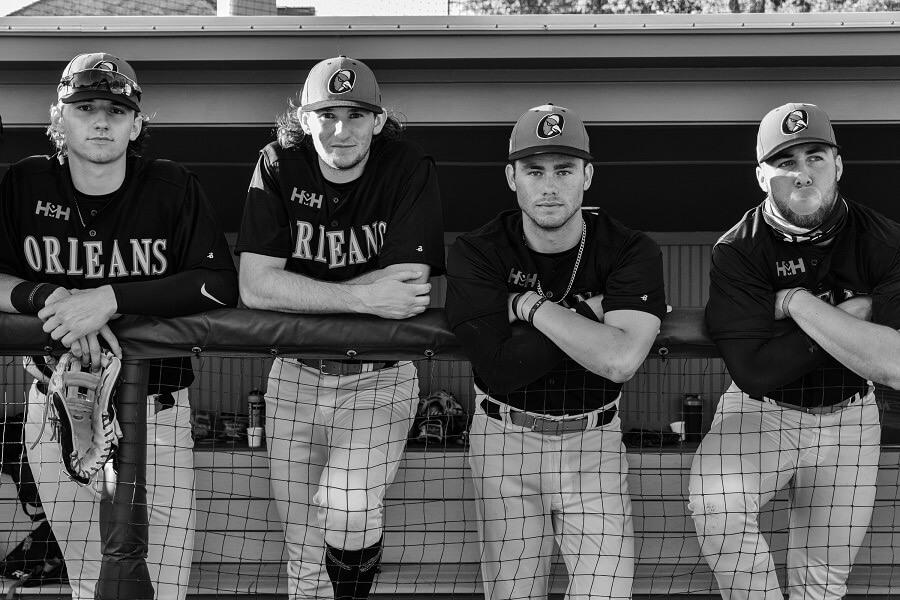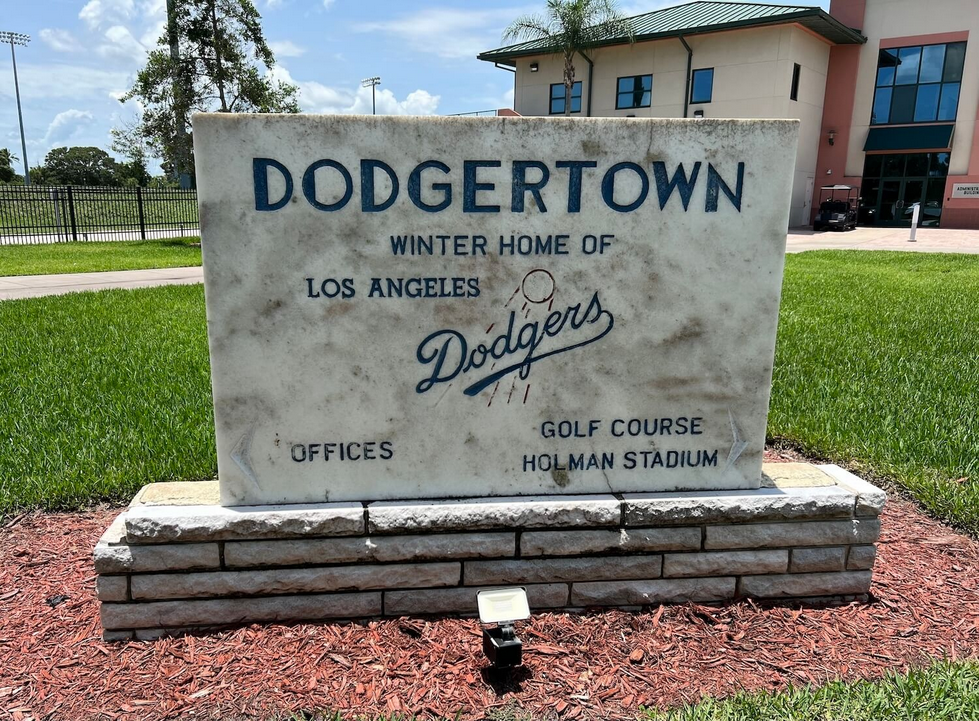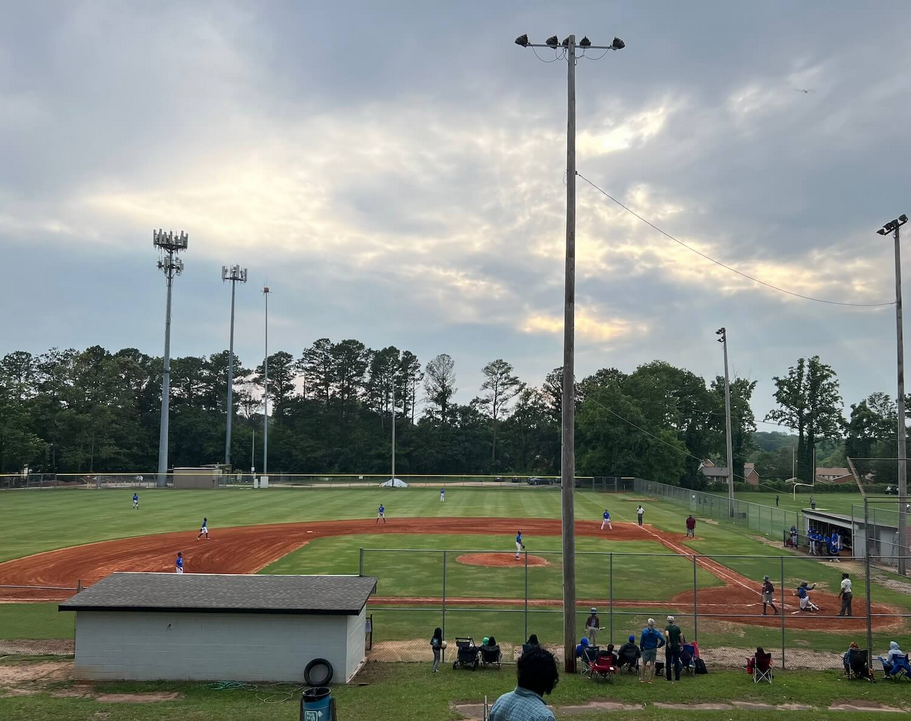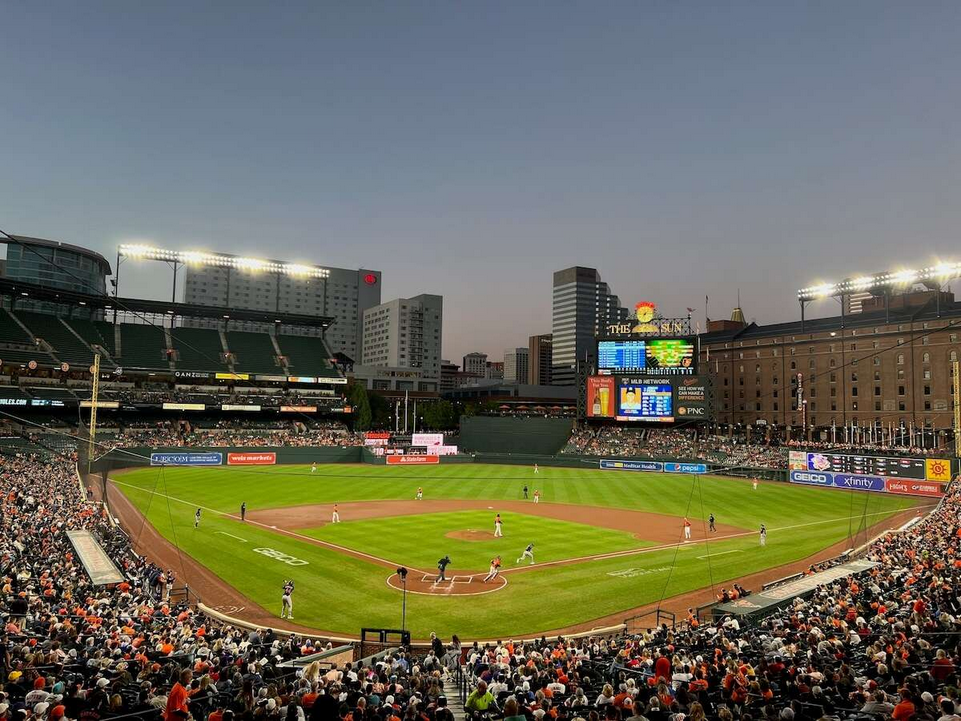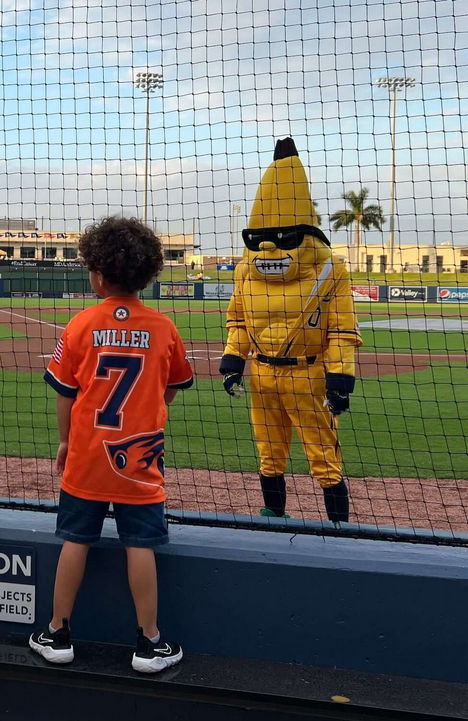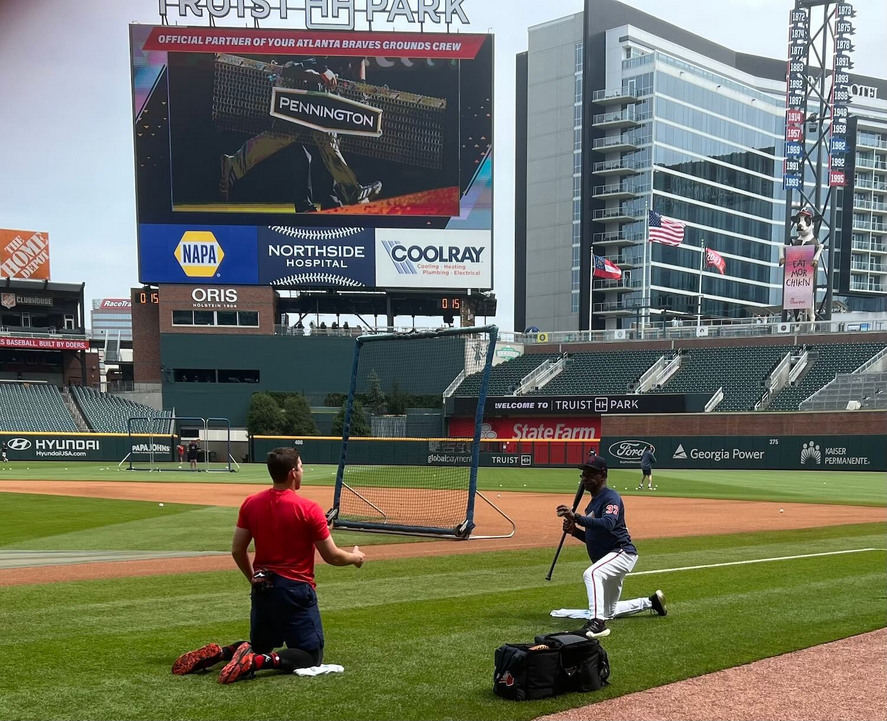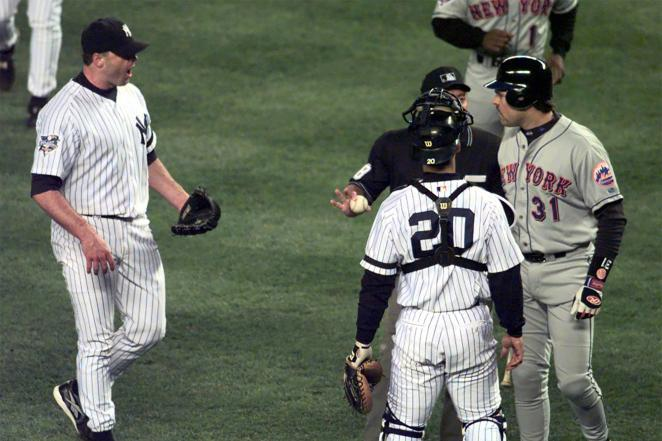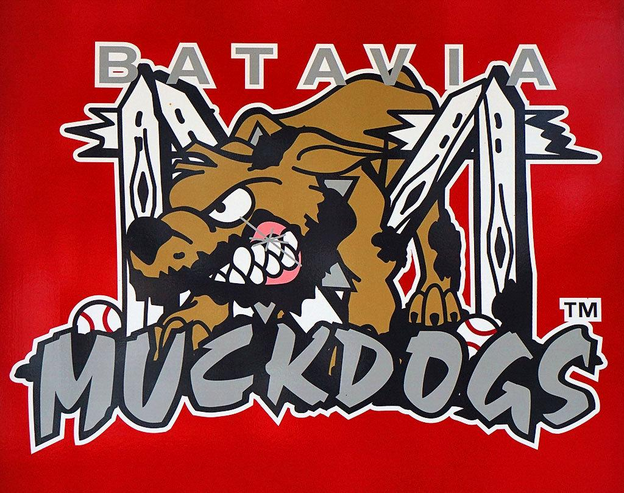Sports lifer. Road warrior. Straight shooter. In this no‑holds‑barred conversation, veteran sports marketer, former minor‑league ballplayer, and acclaimed author Bob Wilber opens up about a wildly unconventional career that somehow connects the Detroit Tigers minor-league system, Converse sneaker deals, indoor soccer barns, and nitro Funny Car mayhem.
Wilber takes us inside a childhood spent in dugouts and press boxes as the son of longtime Major League catcher, coach, and scout Del Wilber, and a trailblazing mother who broke barriers in the St. Louis Cardinals’ front office. From there, we follow him onto college diamonds and through the harsh realities of chasing – and losing – the big‑league dream.
The story hardly slows down. Wilber walks through his pivot into sports marketing and front‑office life, selling corporate America on emerging properties and trying to keep the MISL's St. Louis Storm, NPSL's Kansas City Attack, and CISL's Indianapolis Twisters alive in the boom‑and‑bust world of indoor soccer. Then he details his second (third?) act in motorsports, running NHRA Funny Car teams and becoming one of drag racing’s most distinctive PR voices and storytellers.
Along the way, Wilber talks candidly about burnout, constant travel, reinvention, and why he finally stepped away to write his autobiographical “Bats, Balls, & Burnouts: A Life of Sports, Marketing, and Mayhem".
If you care about the business behind the games – the hustle, the politics, the strain on real life – this conversation is a masterclass in how sports really work once the lights go off and the fans go home!


